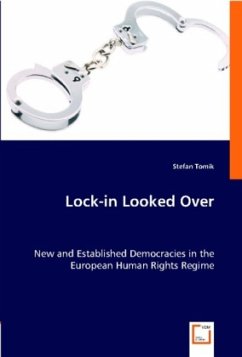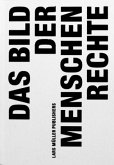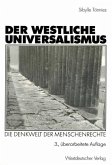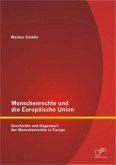Not all democracies are equally enthusiastic to establish and join international human rights regimes that carry enforceable legal commitments. A "lock-in" mechanism derived from republican liberal theory of international relations has been put forward to explain why, against conventional wisdom, new democracies support such regimes more fervently than established ones. The reasoning behind this is that young democracies strive to lock in domestic opponents into democratic rule in the light of political uncertainty, while established democracies do not benefit from strong international human rights enforcement. This study provides an empirical test of the lock-in mechanism and examines the actual willingness of states to accept non-mandatory enforcement clauses foreseen in the European Convention on Human Rights. It finds almost no support for lock-in. In contrast, established democracies accept legally binding commitments more quickly, engage in strengthening the enforcement mechanisms, and extend their human rights policy to regimes in transition. This thesis is directed towards students and researchers in the human rights field.
Bitte wählen Sie Ihr Anliegen aus.
Rechnungen
Retourenschein anfordern
Bestellstatus
Storno








